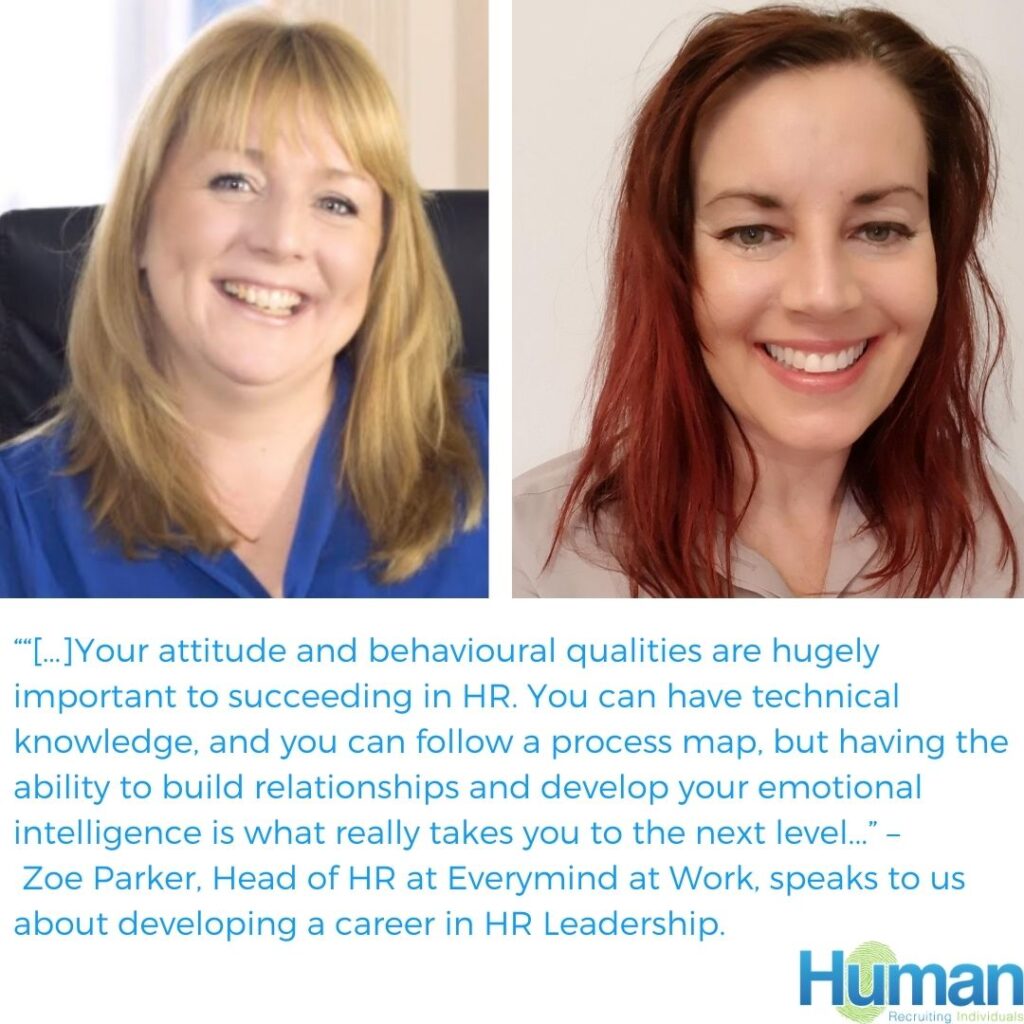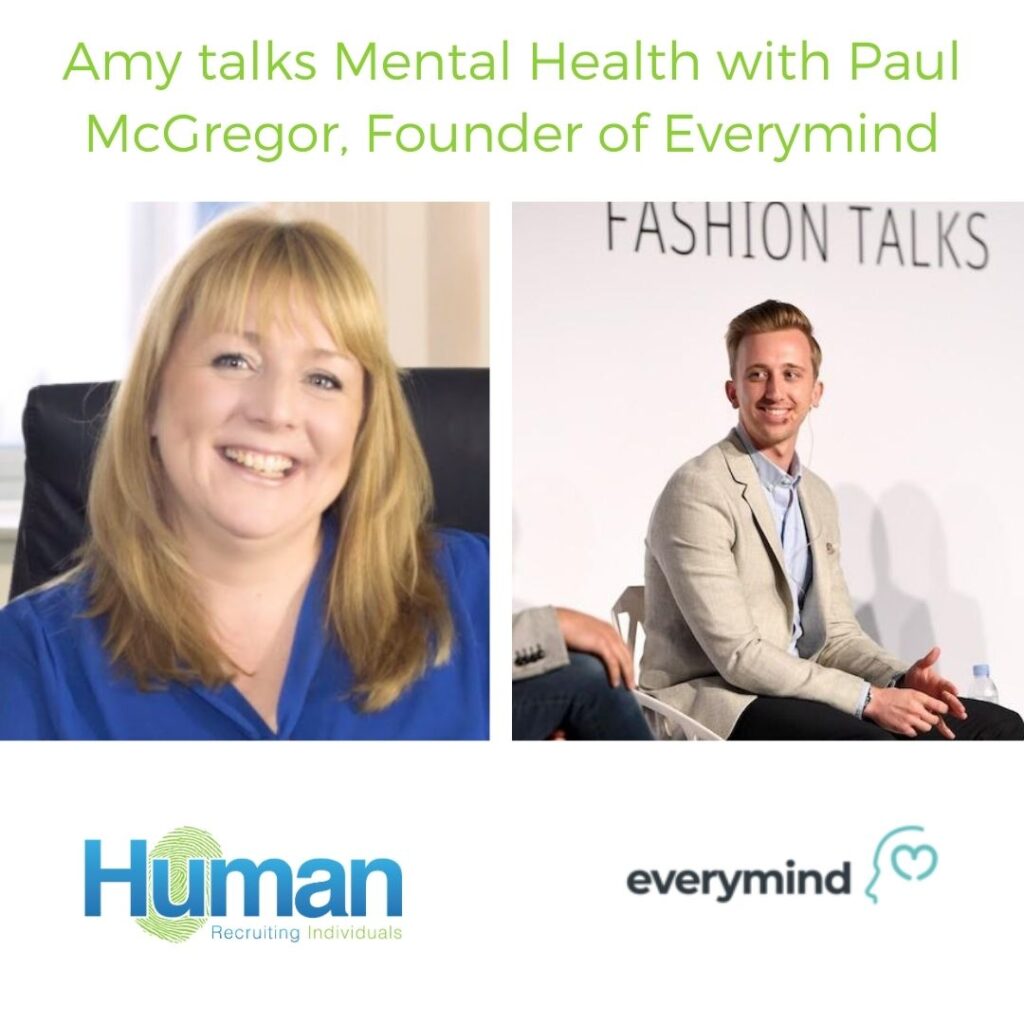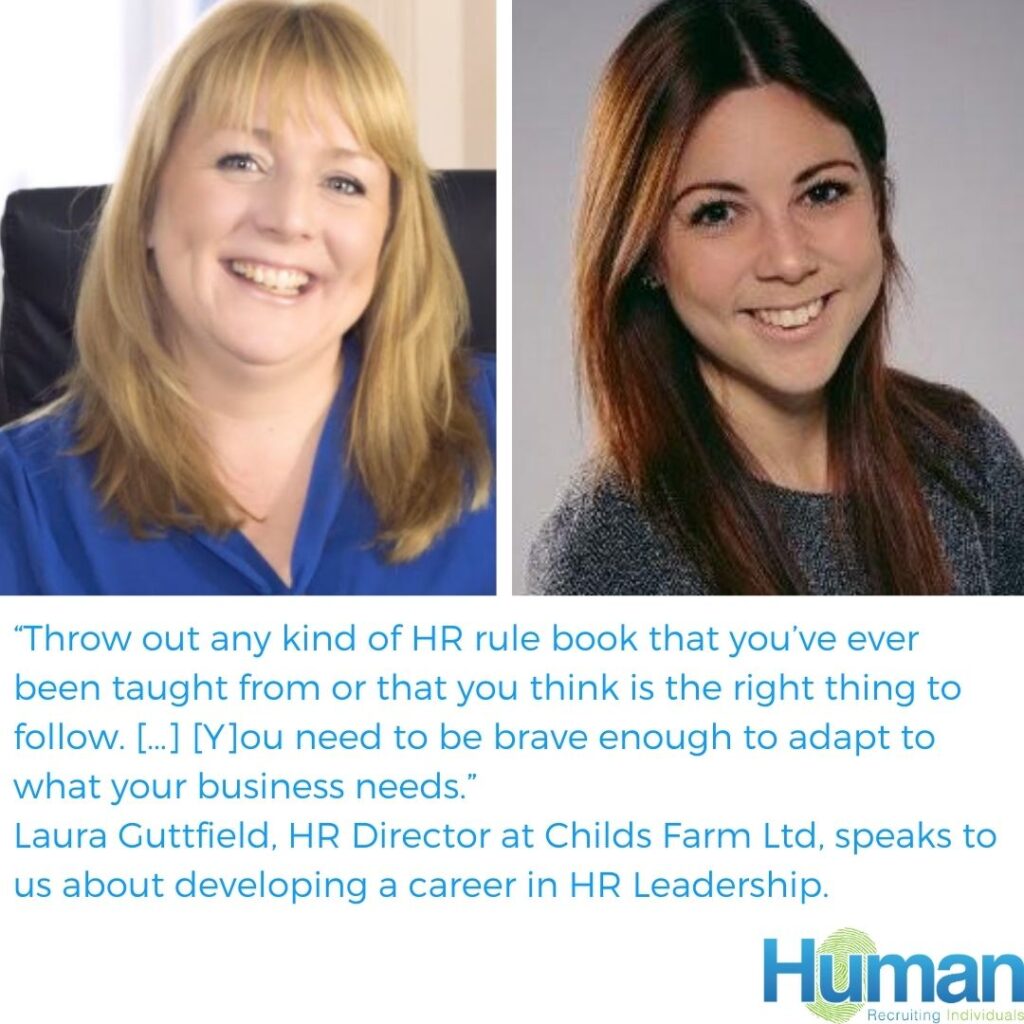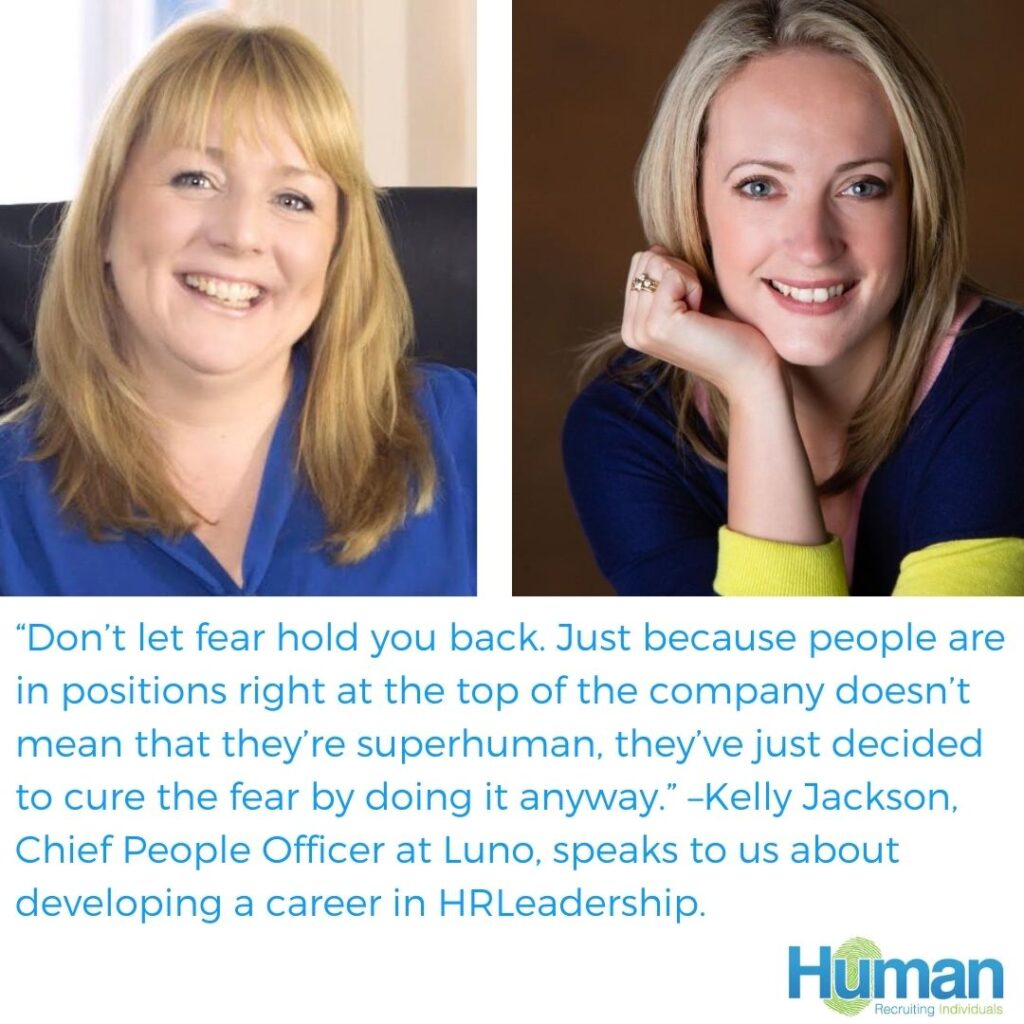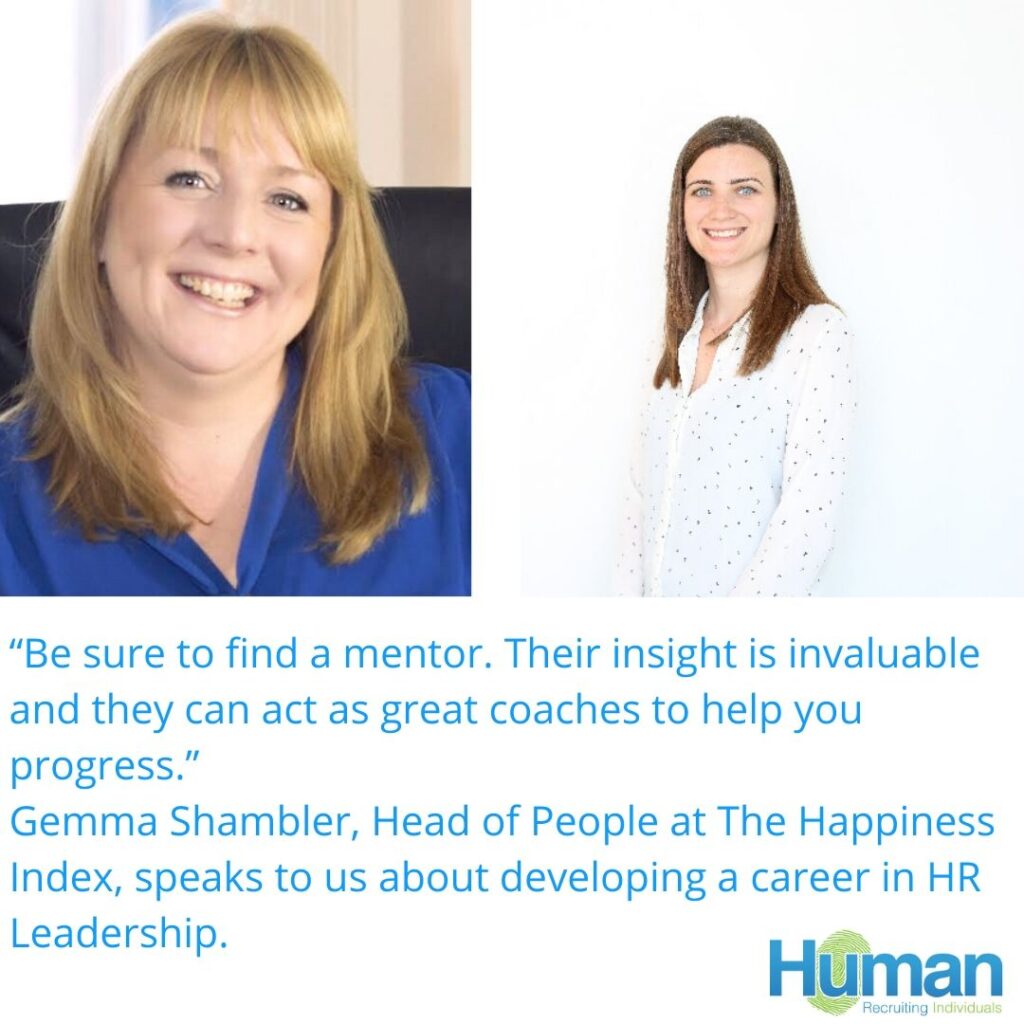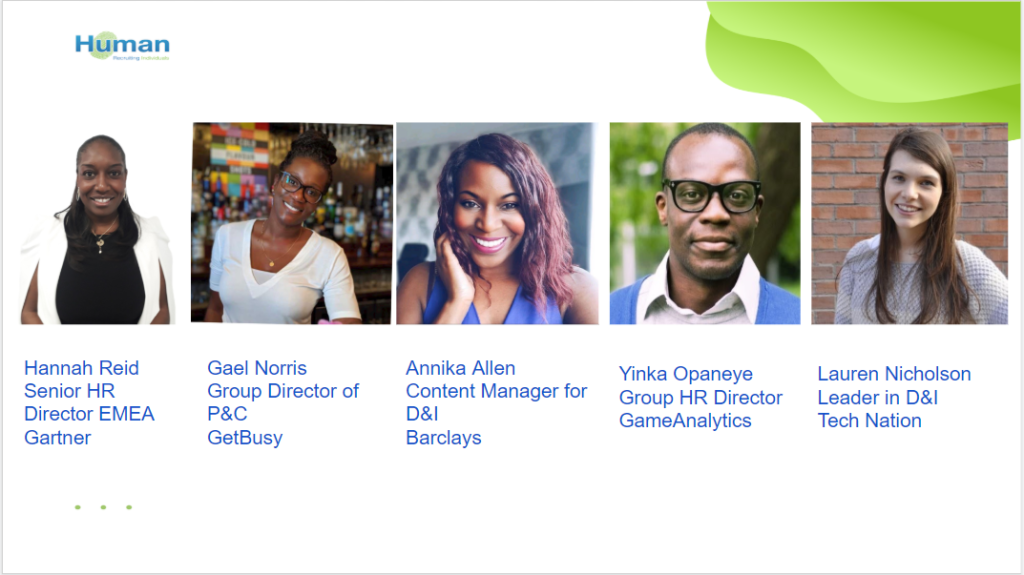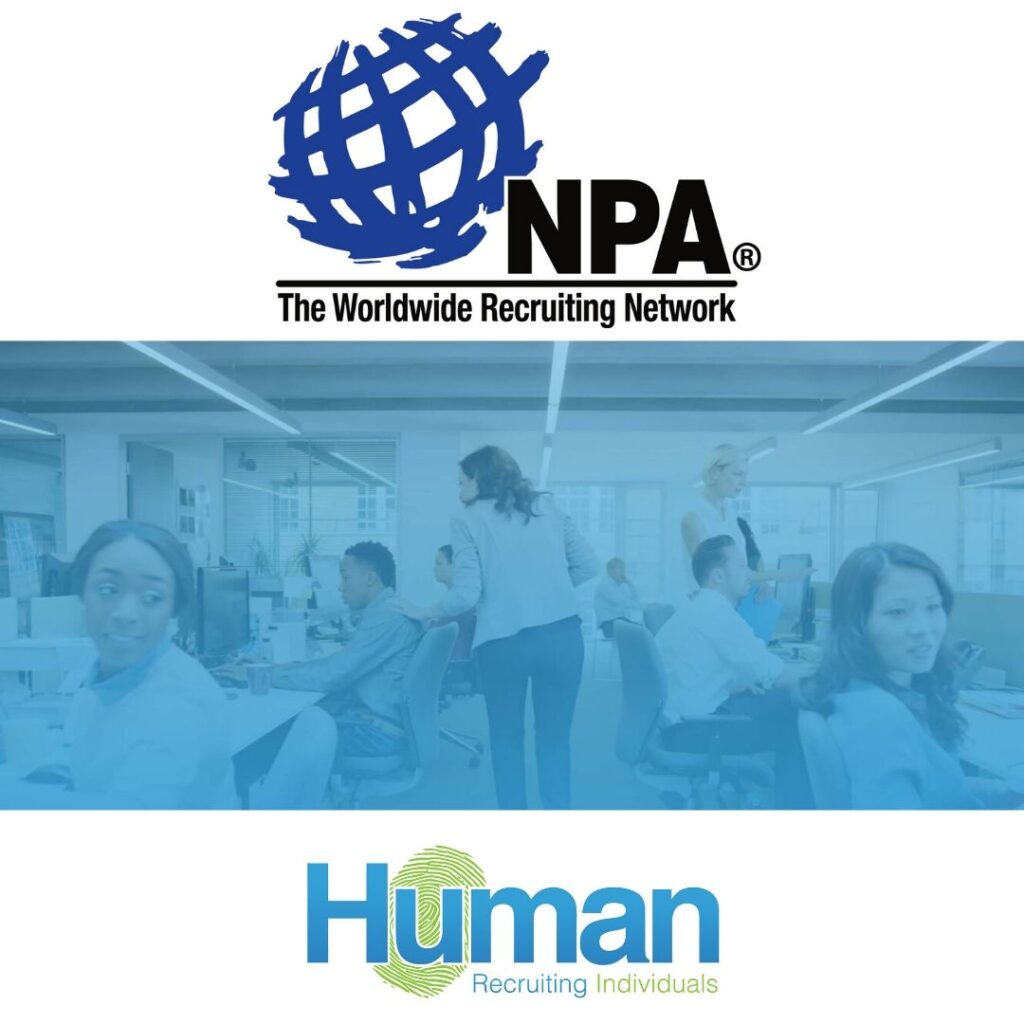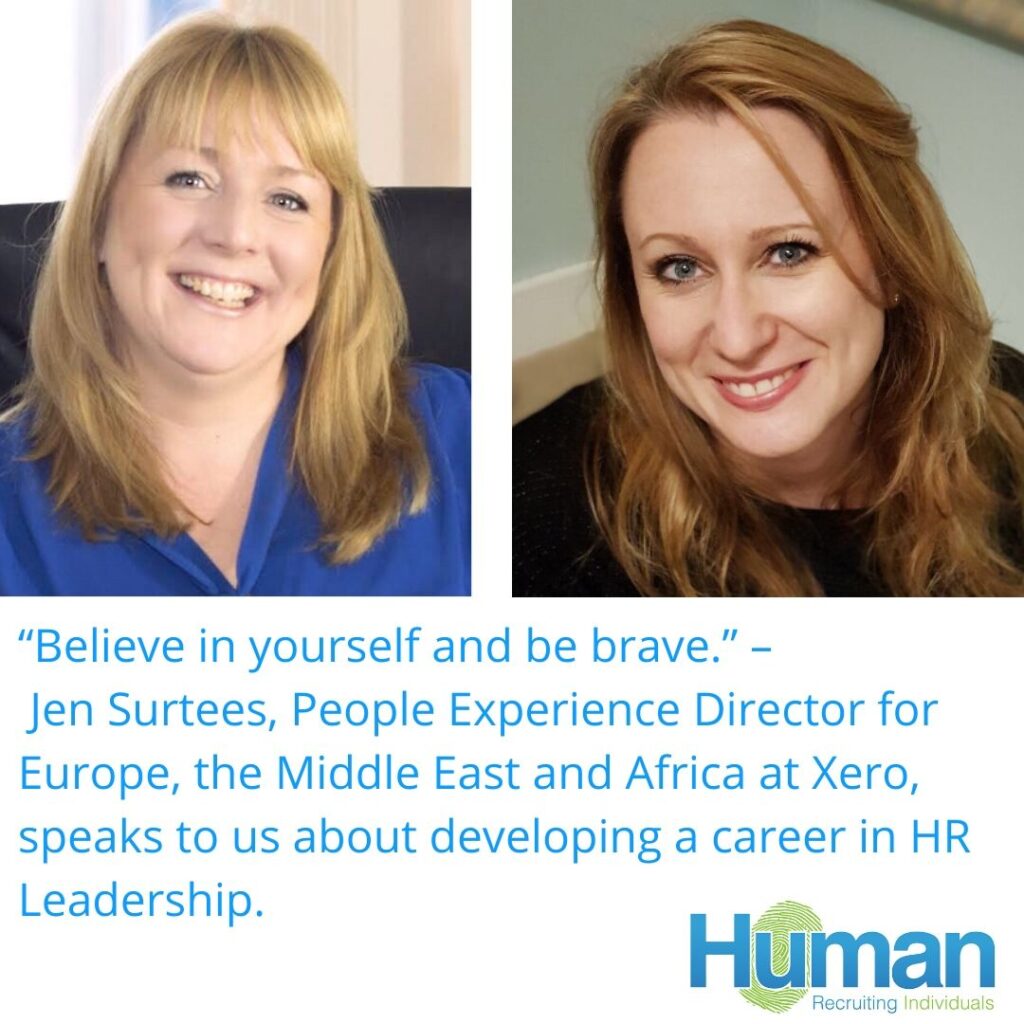“Don’t be afraid of learning from your team” – Interview with Vicky Walker
“No matter what level you’re at in your career, every day is a school day. Don’t be afraid of learning from your team; knowledge doesn’t always have to come from above, and humility is key.” – Vicky Walker, Head of People at Westfield Health, speaks to us about developing a career in HR Leadership. As part of our commitment to supporting candidates to develop fulfilling careers, we’ve invited some HR Leaders to share the secrets of their success. This week, we had a great conversation with Vicky Walker at Westfield Health, who started her HR career as People Manager at Tesco before moving on to take on the role of HR Business Partner at Westfield Health. In July 2018 Vicky transitioned to the role of HR and Wellbeing Manager, before taking on her current role in October 2019. Can you tell us how you got into HR and why? My initial career aspiration whilst I was at university was to go and work for the NHS in a People role—even my degree was geared around that particular path. The NHS element of that aspiration didn’t work out, so I applied for a graduate scheme at Tesco, where I’d worked part-time throughout my studies. That didn’t work out either, but this time I was left feeling determined that I could get to the Line Manager level in a different way. I did, and my first Line Manager role was actually managing the deli counters and the team of 35 that worked them. I suppose I didn’t really have a clue what I wanted at that point in my career, but I continued to work my way up into a senior role. It was very hands-on and very operational, but we still dealt with people all the time. An opportunity within the People function opened up when the People Manager went on maternity leave, and I asked to take it on—the People aspect was the best bit of my management role, and I wanted to continue that. I was given the chance, and absolutely loved it. I didn’t want to go back to an operational leadership role after that; I really wanted to stick with People leadership. I think HR stuck because I liked talking to people. I try not to overcomplicate HR in my own practice—for me, as long as you can talk to people right, you can do it. The conversations you have might not always be the nicest, but as long as you can have them properly, you’ll get the right outcome. At the same time, I knew I still wanted to stick with the management side of things. I felt that was where I could make a difference, even if it was just a practical one in terms of developing a new Line Manager to work their way up to a position above me, for example. I love developing people and encouraging them to become better versions of themselves—it gives me a sense of pride even today. For me, HR is really about being able to understand a business and their people and how you can support them, not how you can get in the way or dictate policies and processes. As an HR leader, I should be just as involved as a function like Finance is in our decision-making processes. Any business problem is a People problem, because people are involved in every single aspect of the business. Equally, any business solution is a People solution, because solving issues is often about having the right people in the right places with the right skillset and the right energy level to tackle them. To me, people should be at the centre of every business because they’re our biggest asset. Being in an operational role might have introduced me to HR, but the People aspect in them was always secondary, even though people were what delivered that operational aspect. After that opportunity, I knew it was time to make a change and allow People to become my primary focus, so I transitioned to HR at Tesco full-time. As a Senior HR Manager, I built up three teams from scratch prior to store openings, and I really enjoyed it. I loved being able to shape our crew and the expectations of them, and I also found myself responsible for everything from recruitment to disciplinaries to staff development, so I was getting great experience. I had a little boy a while later and went to a part-time role, but I still had the same responsibilities right up until I was made redundant in 2017. If it wasn’t for that redundancy, I don’t think I would ever have left Tesco—I’d been there for such a long time that I was institutionalized, really. Towards the end of my time there, I knew that a job hunt was on the horizon, so I decided to self-fund my CIPD. You didn’t need it to be a People Manager at Tesco regardless of how many colleagues you were responsible for—policies and processes were already written for you, so your job was just making sure they were implemented and followed—but as I started to look to the future, I knew I needed the qualification to equip me with the theory to back up my practical experience and be able to transfer it to other roles. My current role at Westfield Health has definitely drawn on both sides of my experience. Even though I entered into a brand-new industry when I joined the team, I very quickly found that people are people wherever you go, and I was able to tap into my previous practical experience at Tesco. Never underestimate the practical element of HR; it’s what enables you to put your strategies in place and be a partner to your business. Can you tell me about the key themes and challenges that you’re seeing across the HR sector? I think a major key theme for us is the fact that the future of work is going
“Don’t be afraid of learning from your team” – Interview with Vicky Walker Read More »


